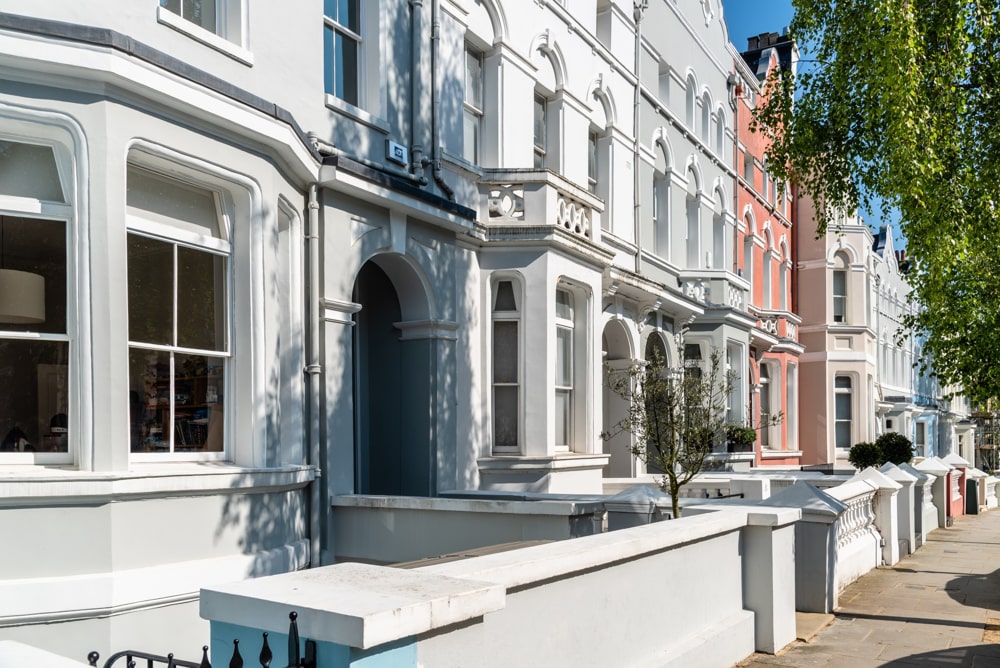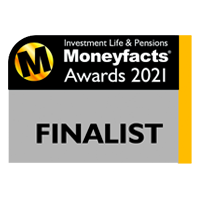If you live in Kensington and own your home outright, you will have a lot of money tied up in it. According to Rightmove, properties in Kensington and Chelsea had an overall average price of £2,894,084 over the last year – with flats fetching an average of £1,370,232, terraced properties going for £6,746,035, and semi-detached properties achieving £8,827,662.
After the age of 55, you may be able to access between 25% and 55% of your home’s value through an Equity Release Loan.
The sum available for release will depend on your age and circumstances. Essentially, the older you are the higher loan to value you can generally borrow.But how much should you take, and how should you take it?The choice is between taking a lump sum in one go, or bookmarking a reserve of cash and making withdrawals as and when you need them.Your independent equity release adviser will guide you through these options. But there are a few points to bear in mind…
Questions, questions…
- How much do you need right now?
- How much could you additionally need within the next few years?
- Are you aware of further financial commitments coming your way in the future?
- Have you budgeted for extra unforeseen costs coming your way? It’s always good to have a cash reserve for emergencies.
How you take your Equity Release depends very much on how you plan to use it. Many of my clients want to help a child with a deposit to buy their first home. Others are planning major work on their own property and need to access the funds to do this. In Kensington, where leasehold flats are common, an equity release loan may be needed to help meet a costly service charge.
You may qualify for more Equity Release than you need for any of these common uses. If that is the case, why not apply for your full allowance? You don’t have to take it all at once – and interest will only be applied to the sum you have taken.

Take advice!
Equity Release is a fully advised process, so you do have someone to bounce your ideas off – and your adviser will be able to view your personal circumstances from an independent angle. But, for argument's sake, let's say that you are in a position to borrow £500,000 – but you don't actually need that much.
In this scenario, your lender will agree to shelter this sum in a reserve for you – meaning you can access as much of it as you want in the future – but you do not need to take it all in one go.
For example…
If you take an initial £200,000 now (and there will always be a requirement to take some of your Equity Release allowance at the start of your loan period), you will only pay the interest on this amount – until you add to the loan with a later withdrawal. The advantage of this is that you will not be paying more interest than necessary – and the interest rate on that initial £200,000 will never change.
However, when you decide to take a further amount, that additional sum will be subject to the vagaries of the interest rate at the time of the withdrawal. With interest rates starting to rise, this is something you may want to think about.
The good news about drawing down your loan bit by bit is that you will only pay the upfront application and advice fees once. All you will usually need to do to access new chunks of cash is to contact the lender – and the money should be with you in a couple of weeks.
In my experience…
While you can choose between taking a percentage of your property's value in one go, or keeping it in reserve for your future use, I've noticed that the majority people actually choose to take most of the money in one go. Assuming only part of that sum is needed right now, the question I always have is, ‘What will you do with the extra money?' If you borrow it all now, the interest on that potentially huge sum of money may be rolling up for the rest of your life (or until your home is sold) unless you choose to pay it during the lifetime of the loan. There is nowhere you can put that excess cash that will be guaranteed to make it grow – and if you do make a profit from it, that profit will be taxed.That said, especially when interest rates are looking set to rise, you may feel more comfortable knowing that, by taking your Equity Release allowance in its entirety, you have bought in to one interest rate that will never change.
Final thoughts…
There's no right or wrong way to take your Equity Release. The choice is always yours. But, while all lenders will shelter the full amount available to you, I only know of one lender who will guarantee that nothing will change that availability. In times of economic turbulence, and especially if house values fall, there is a small risk that a lender could decide to cancel the reserve you thought you had.
I've never known this happen, but it's important to remember that none of us can predict what will happen in the future.
For an initial chat about equity release, please feel free to get in touch by calling Martin on 0203 840 5011 or sending an email enquiry












